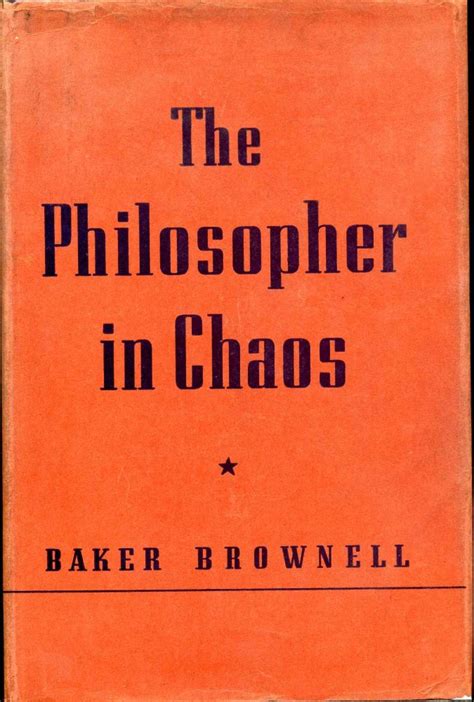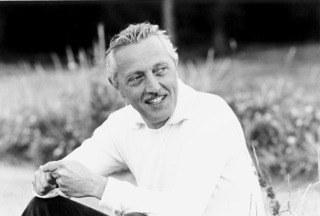A Quote by Thomas Woods
That human beings seek their own well-being and that of those close to them is not an especially provocative discovery. What is important is that this universal aspect of human nature persists no matter what economic system is in place; it merely expresses itself in different forms.
Related Quotes
No matter what part of the world we come from, we are all basically the same human beings. We all seek happiness and try to avoid suffering. We have the same basic human needs and concerns. All of us human beings want freedom and the right to determine our own destiny as individuals and as peoples. That is human nature.
Those who die, merely suffering the woes of life like cats and dogs, are they human beings? The worthy are those who, even when agitated by the sharp interaction of pleasure and pain, are discriminating and, knowing them to be of an evanescent nature, become passionately devoted to the Atman. This is all the difference between human beings and animals.
There is no limit to suffering human beings have been willing to inflict on others, no matter how innocent, no matter how young, and no matter how old. This fact must lead all reasonable human beings, that is, all human beings who take evidence seriously, to draw only one possible conclusion: Human nature is not basically good.
It is my fundamental conviction that compassion - the natural capacity of the human heart to feel concern for and connection with another human being - constitutes a basic aspect of our nature shared by all human beings, as well as being the foundation of our happiness. All ethical teachings, whether religious or nonreligious, aim to nurture this innate and precious quality, to develop it and to perfect it.
Art arises in those strange complexities of action that are called human beings. It is a kind of human behavior. As such it is not magic, except as human beings are magical. Nor is it concerned in absolutes, eternities, "forms," beyond those that may reside in the context of the human being and be subject to his vicissitudes. Art is not an inner state of consciousness, whatever that may mean. Neither is it essentially a supreme form of communication. Art is human behavior, and its values are contained in human behavior.
No matter how close we are to another person, few human relationships are as free from strife, disagreement, and frustration as is the relationship you have with a good dog. Few human beings give of themselves to another as a dog gives of itself. I also suspect that we cherish dogs because their unblemished souls make us wish - consciously or unconsciously - that we were as innocent as they are, and make us yearn for a place where innocence is universal and where the meanness, the betrayals, and the cruelties of this world are unknown.
I would say that introverts make some of the best international philosophers. The less common attribute of the introverted lifestyle - a close societal connection, as such a connection disappears or changes in relevance as the currents of the winds change - leaves too much room for one's own cultural bias. Instead, introverts tend to turn inward, the laboratory of being and all its forms. This is the most accurate study of the individual human being, which is in turn, rather than those affected by cultural limitations, the most universal reflection of human understanding and human behavior.
Even in a jungle, lovely flowers will spring up here and there, such being the fecundity of nature, and however badly our pastors and masters run our society, however much they pull to pieces that which they claim to be keeping intact, nature remains fecund, human beings are born with human traits, sometimes human strength outweighs human weakness, and human grace shows itself amid human ugliness. ‘In the bloodiest times,’ as our play has it, ‘there are kind people.’
The planet Earth in its present mode of florescence is being devastated. This devastation is being fostered and protected by legal, political and economic establishments that exalt the human community while offering no protection to the non-human modes of being. There is an urgent need for a Jurisprudence (system of governance) that recognizes that the well-being of the integral world community is primary, and that human well-being is derivative - an Earth Jurisprudence.
Human love, human trust, are always perilous, because they break down. The greater the love, the greater the trust, and the greater the peril, the greater the disaster. Because to place absolute trust on another human being is in itself a disaster, both ways, since each human being is a ship that must sail its own course, even if it go in company with another ship.... And yet, love is the greatest thing between human beings.
In the future it's very possible you could have an artificial intelligence system that can run the country better than a human being. Because human beings are naturally selfish. Human beings are naturally after their own interests. We are geared towards pursuing our own desires, but oftentimes, those desires have contrasts to the benefit of society, at large, or against the benefit of the greater good. Whereas, if you have a machine, you will be able to program that machine to, hopefully, benefit the greatest good, and really go after that.







































